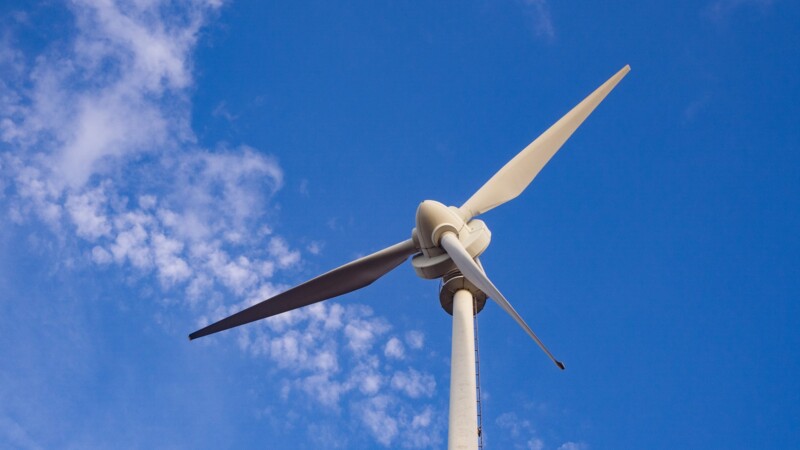Hopes are now high that the new Flexhafen project can counter this imbalance and help charge electric vehicles intelligently. A two-month trial is now underway thanks to the Hamburg-based eco-energy co-operative Green Planet Energy, the grid operator Stromnetz Hamburg and Energie Dock founded by Dr. Tim Plath, Dr. Tim Dethlefs, and Dr. Thomas Preislera. Ten of Green Planet Energy's customers set their charging times on Energie Dock's Nemo.spot. The marketplace acts as as an intermediary between end customers, energy suppliers and grid operators and matches demand to the respective grid situation.
Germany’s energy transition is gathering speed and in 2021 electricity generated from renewables exceeded that of fossil fuels i.e., coal, gas and oil, the German Ministry for the Environment reported. "There is often a local surplus of renewable energy. Wind power is dominant in northern Germany. But if there is not enough demand for green energy locally, overloaded grids and wind turbines may have to be shut down," said Dr. Tim Plath of the Hamburg-based start-up Energie Dock. Wind power would then have to be replaced with fossil energy. "That sends costs soaring as compensating and offsetting payments results in CO2 in the German electricity mix," he noted. "Matching demand to supply is key to the energy transition, as we will not be able to control power generating plants easily in future. We must keep an eye on both the local supply of renewable energy and the limits of power grids," Plath said. Charging e-cars is just one example of such an imbalance. Electric car owners often charge their vehicles at home overnight even though the actual charging process only lasts one to two hours. Ideally, they should charge when there is a lot of wind power and not too many cars charge simultaneously to avoid overloading the local grid.
Customers, energy suppliers and grid operators
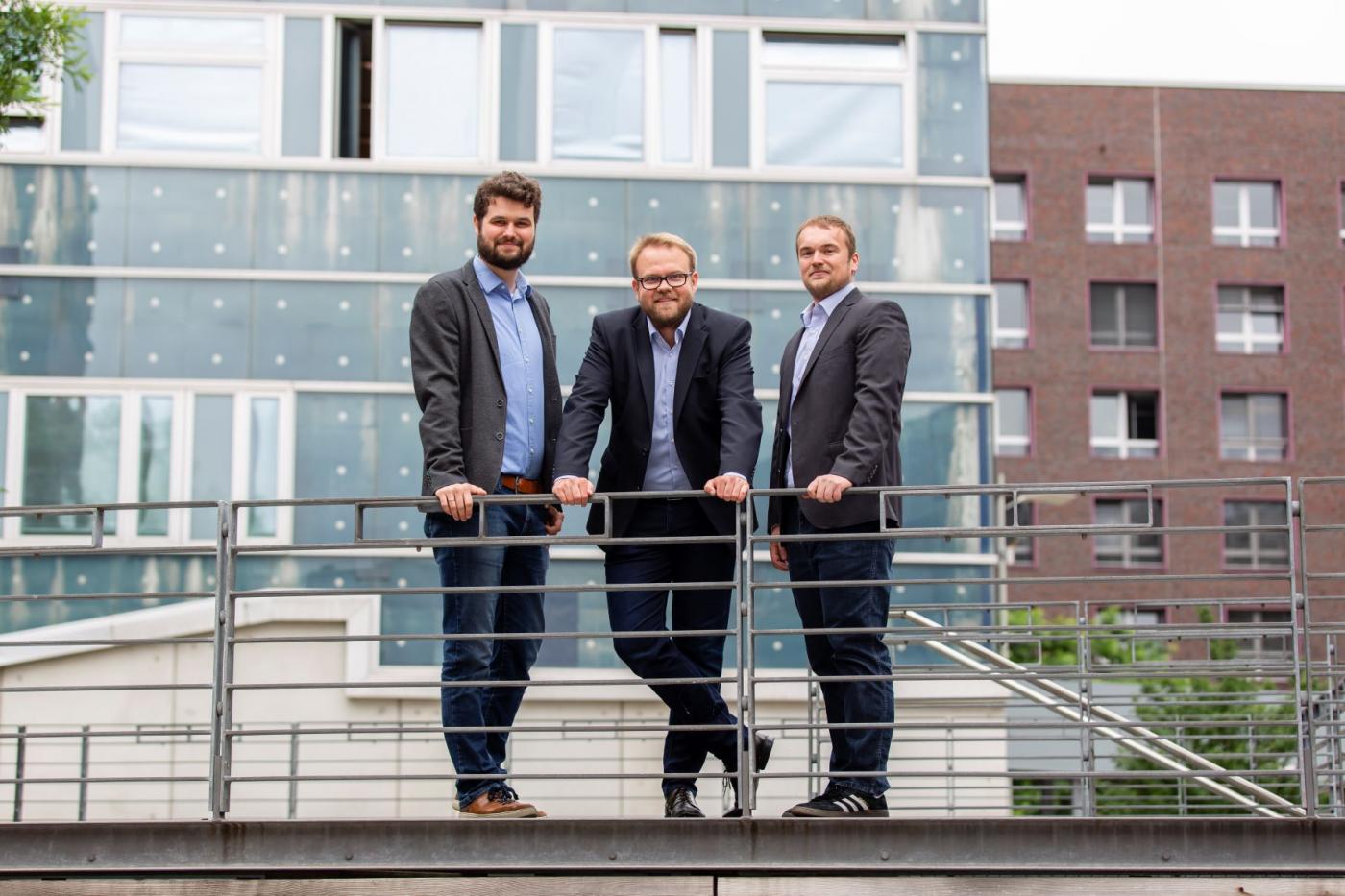
Growing energy demand foreseeable
"We want to prove that costs and CO2 can be saved through intelligent control via this project. We get green electricity into cars without overloading the grids and keep the energy transition affordable and efficient," Plath commented. Research is also being conducted into technical feasibility and customer behaviour.
Preliminary results are expected in April, Plath said. The number of electric cars is increasing and will continue to rise, if sales of vehicles without combustion engines cease from 2030, as called for by environmental associations. And demand for heat pumps, i.e., heating and hot water generated in an environment-friendly manner is also growing and the share of such pumps is expected to rise all over Germany. The proportion of completed residential buildings nationwide with heat pumps came to around 45.8 per cent in 2020 compared to a mere 28.9 per cent in 2010, according to Statista. "Thus, it's important to make our entire energy system more economical and ecologically efficient," Plath stressed.
ys/sb/pb
Sources and further information
More
Similar articles
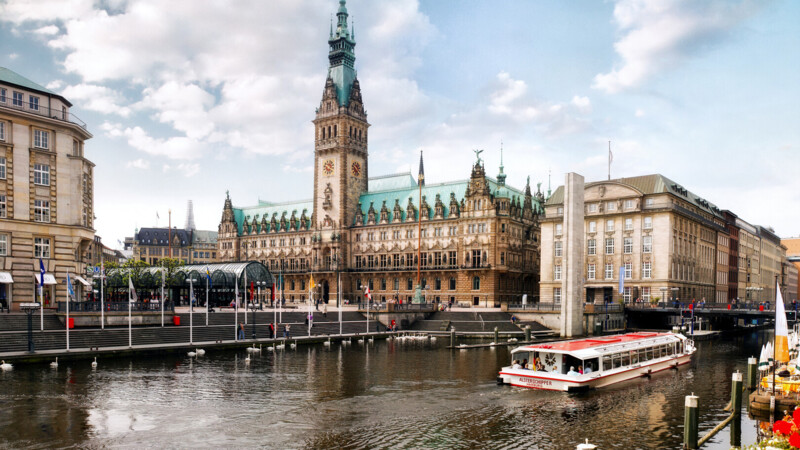
Hamburg's city centre vibrant despite booming online trade
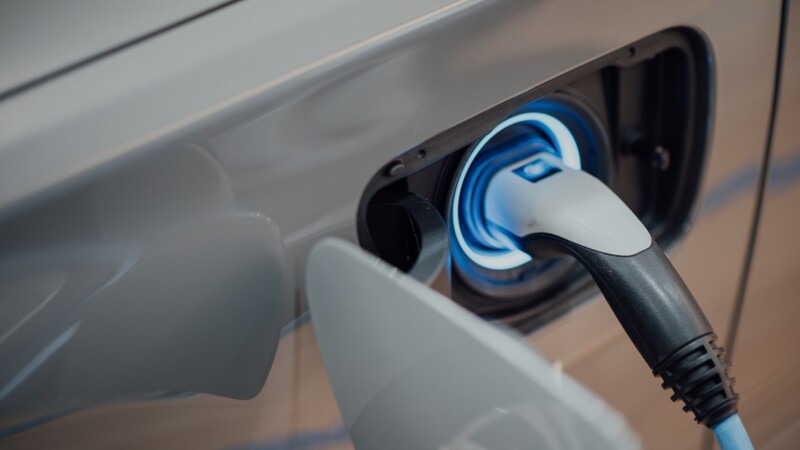
Hamburg gets powerful fast-charging stations for e-cars
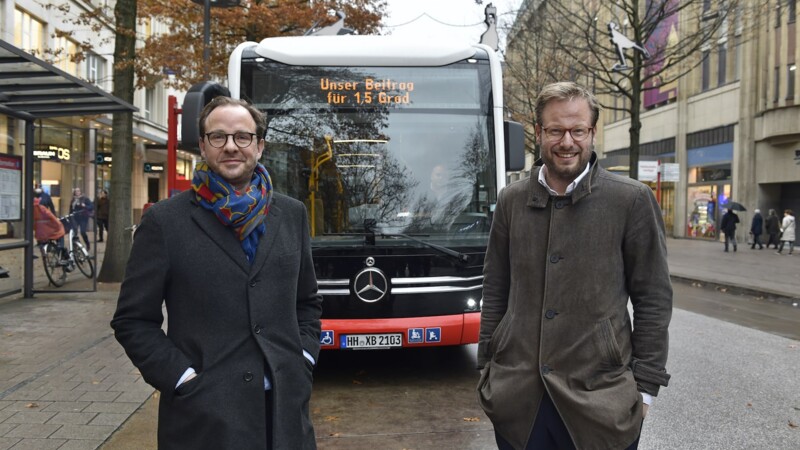
100 electric buses now on roads across Hamburg
